Politics News and Real Stories from Zululand and Beyond
What’s shaking up politics in Zululand and around the globe? You’ll find it right here—no jargon, no confusing talk, just straight news and what matters most. From high-profile developments in South Africa’s government to global controversies, we break down the facts and show you what’s really happening behind those headlines. Think scandal, leadership changes, election twists, and debates that hit close to home.
South African politics has never been more unpredictable. Just look at the DA’s showdown with President Ramaphosa over ministerial sackings—calls for action, threats of coalitions cracking, corruption scandals making noise. Or consider the sudden removal of Andrew Whitfield from his deputy minister post, which set off a week of tension within coalition circles. Stuff like this restructures our government and impacts daily life in the communities across Zululand.
But it’s not all about the big political parties. Smaller groups like the Economic Freedom Fighters (EFF), Action SA, and the South African Communist Party (SACP) are making moves too—calling out recycled cabinets, debating coalition partners, and standing their ground on key issues. These voices don’t just challenge the status quo; they shake up policies on things like service delivery, anti-corruption, and public spending. People in Zululand want accountability, and these local stories show how power actually shifts on the ground.
The site also tracks global moments that touch Zululand’s residents. When US President Joe Biden steps down and endorses Kamala Harris, or when there’s a shocking incident like a shooting at a Trump rally, we reveal how these international shifts ripple back home. Add in African political moments—the big governorship elections in Nigeria's Ondo State, Uganda’s political tensions, and Kano State’s hard stance on corruption—and you’re getting a broad, relevant snapshot.
Political news isn’t just for leaders and analysts. It’s about how decisions made in Pretoria or Parliament—or even places like Mexico or Scotland—impact people’s jobs, rights, and security in places like Zululand. That’s why we highlight every angle: youth activism, anti-corruption crackdowns, new faces making history, or old guard politicians clinging to power.
Ready to get the stories that matter? Whether it's global developments shaking the local scene or in-depth looks at how political parties shape policies in Zululand, you’ll find it up to date right here. Check back often: things change fast, and every update could mean a new future for the region.
-
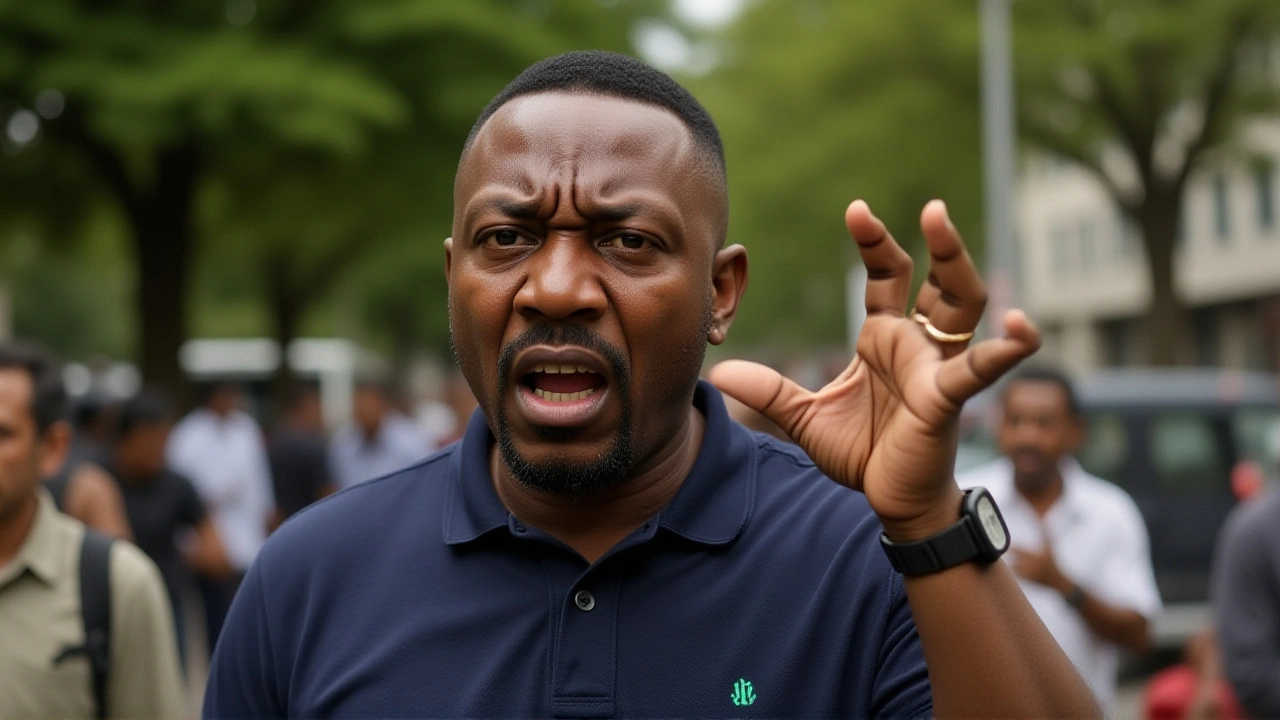
Sowore Leads Abuja 'Free Nnamdi Kanu' Protest; Police Fire
Omoyele Sowore led thousands in Abuja on Oct 20‑21, 2025, demanding Nnamdi Kanu's release; police responded with tear gas and gunfire, sparking nationwide outcry.
-

DA MP Dianne Kohler Barnard Urged to Recuse Over Intelligence Leak
DA MP Dianne Kohler Barnard faces pressure to step down from the Joint Standing Committee on Intelligence after police commissioner alleges she leaked classified crime intelligence.
-

Isaack Hassan’s Job Hunt Stalled by Years‑Long LSK Disciplinary Probe
Isaack Hassan, ex‑IEBC chair, remains job‑less as the Law Society of Kenya drags its disciplinary case for years, highlighting flaws in Kenya's legal oversight.
-

Adelita Grijalva Wins Arizona Special Election, Making History and Shifting House Balance
Democrat Adelita Grijalva captured 69% of the vote in Arizona's 7th District special election, becoming the state's first Latina congresswoman. The win fills the seat left by her late father and trims the Republican lead in the U.S. House. Backed by the Working Families Party and credit unions, her victory underscores shifting demographics and voter priorities in a key swing region.
-

Kenny Kunene says he was at the wrong place at the wrong time after Molefe arrest
Patriotic Alliance deputy president and Johannesburg transport MMC Kenny Kunene was spotted at Katiso "KT" Molefe's Sandton home during the suspect's arrest for the 2022 DJ Sumbody killing. Kunene insists he was there only to accompany a journalist. The Democratic Alliance called for his resignation, while PA leader Gayton McKenzie suspended him pending an investigation. Forensic reports later cleared him of any wrongdoing.
-
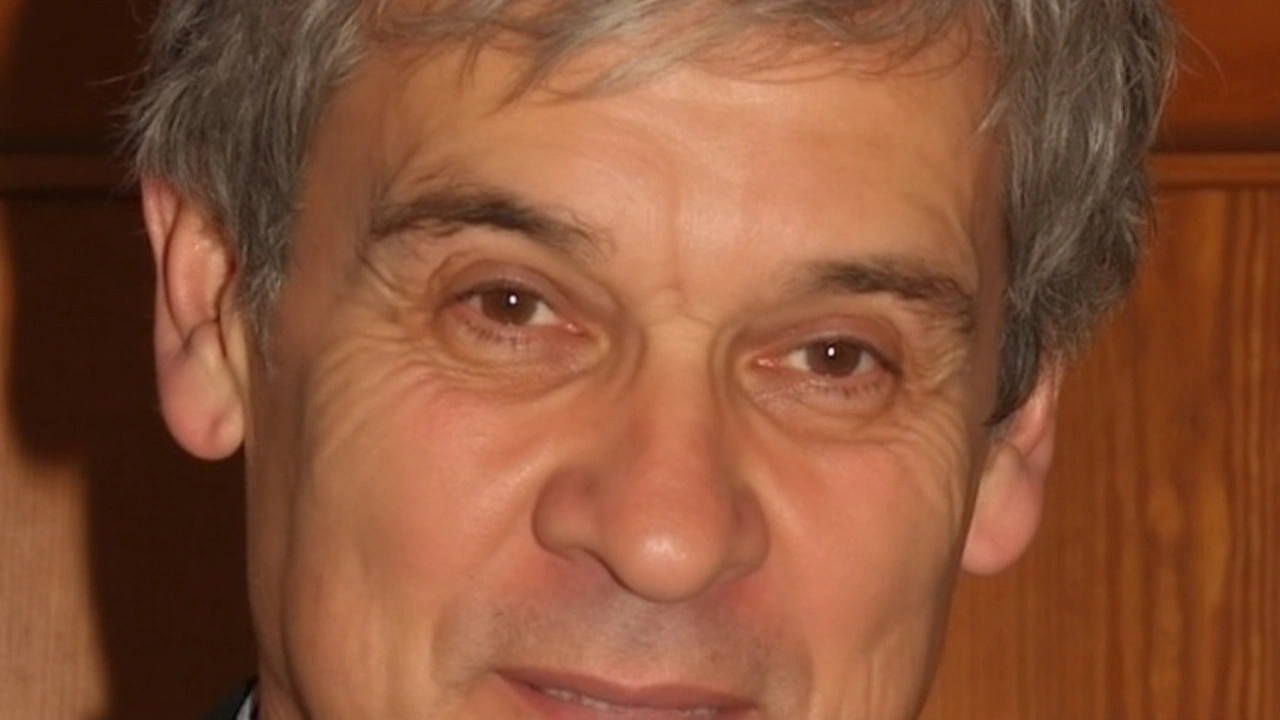
Jacob Zuma’s BRICS push and political reset: Pan-African pitch amid fierce backlash
Jacob Zuma is back on international stages, urging Africa to cut reliance on the West and lean into BRICS. In speeches in Ghana and South Africa, he called for industrialization, intra-African trade, and de-dollarization. The MK Party leader casts himself as a continental statesman. Government figures hit back, questioning his ethics and legacy. The debate reveals a larger fight over South Africa’s economic path.
-
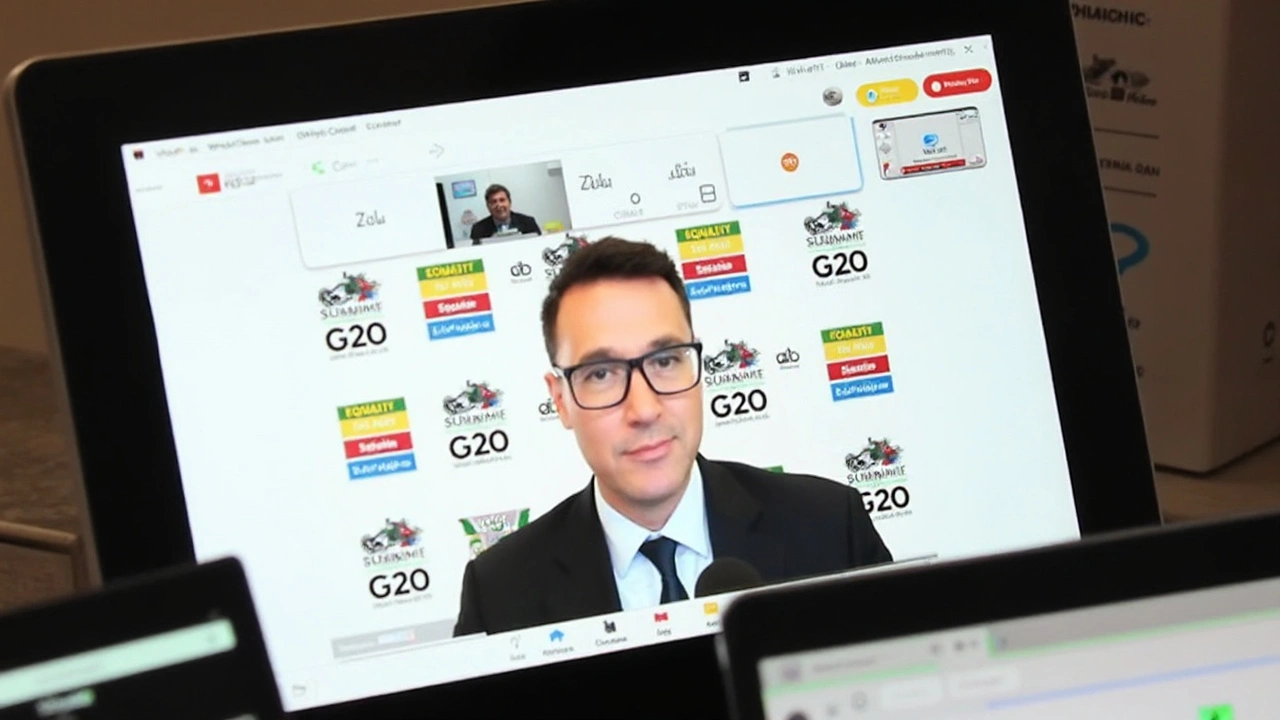
DA Challenges Ramaphosa Over Sacking of Whitfield, Sets 48-Hour Deadline on ANC Ministers Accused of Corruption
The Democratic Alliance has demanded that President Cyril Ramaphosa fire three ANC ministers and a deputy minister accused of corruption, following the removal of Andrew Whitfield over an unauthorized trip. Ramaphosa defends his decision, rejecting the DA's threat and standing by official procedures.
-
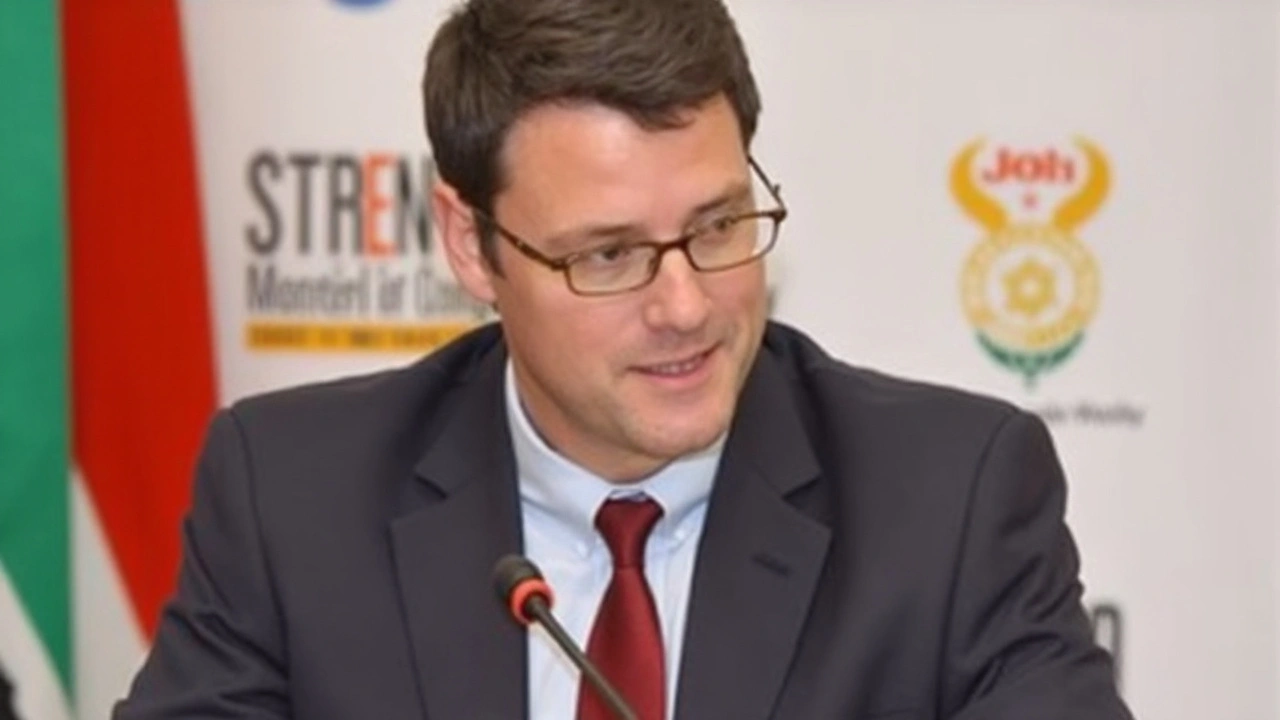
Andrew Whitfield Dropped as Trade Deputy Minister, Sparking Coalition Storm in South Africa
President Cyril Ramaphosa removed DA’s Andrew Whitfield from his deputy minister post, igniting fierce political debate. The DA denounced the move, demanding reinstatement and citing alleged political motives. Reports link the axing to Whitfield’s unauthorized U.S. trip. Despite spiraling coalition tensions, the DA still backs the national budget.
-
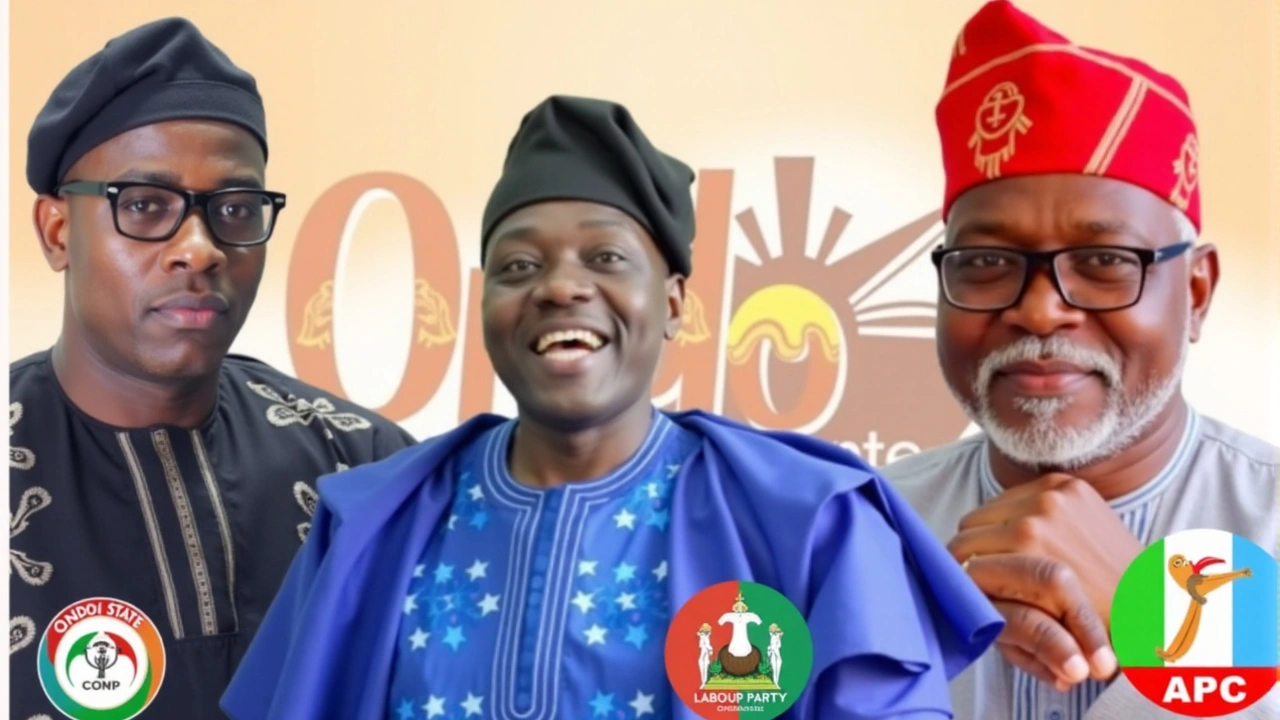
Ondo 2024 Governorship Election: Updates, Key Contests, and Initial Results
Ondo State residents are actively participating in the 2024 governorship election, with 1.75 million voters deciding the next governor from 17 parties. Key candidates include Lucky Aiyedatiwa, Agboola Ajayi, and Abbas Mimiko. The election is amid last-minute candidate changes and strict security. High voter turnout and notable incidents, like a suspected vote-buyer's arrest, mark the election, while parties closely monitor proceedings.
-
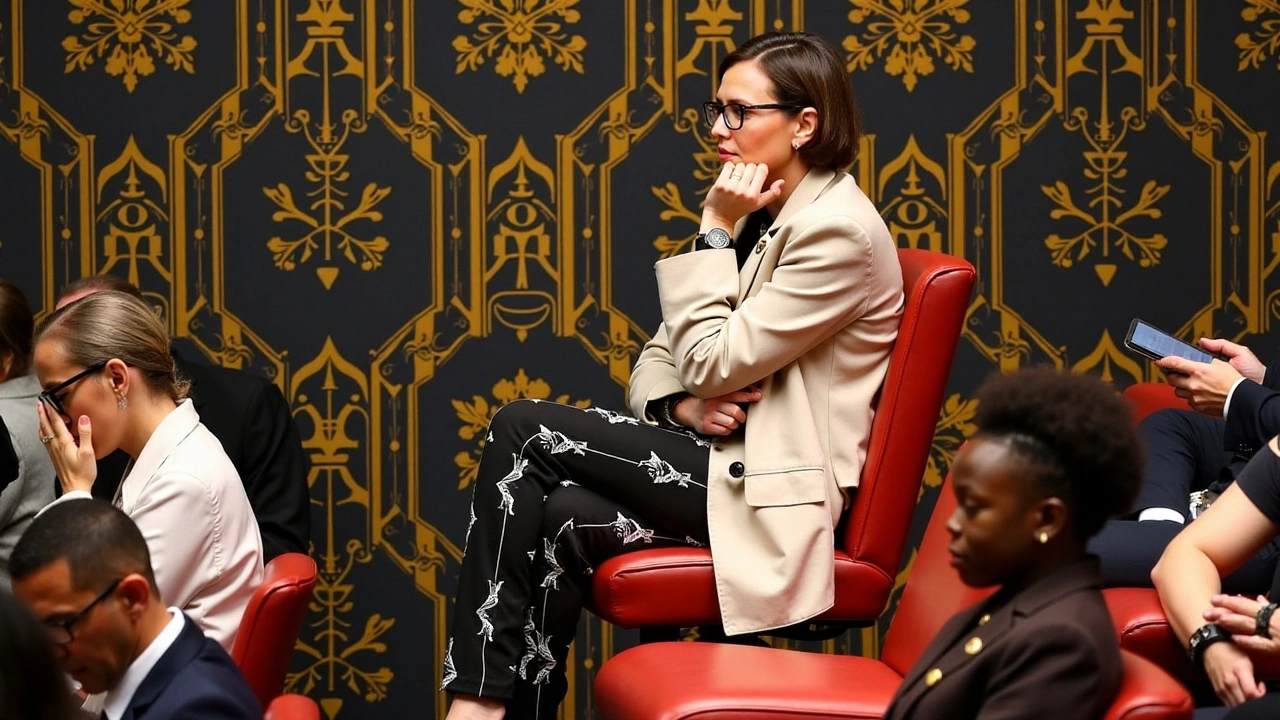
Controversial Role of Sue Gray as Envoy for Nations and Regions Criticized by Plaid Cymru
Plaid Cymru's Westminster leader criticized Sue Gray's new envoy role for nations and regions as a 'non-job,' sparking political controversy. Her unconventional appointment, following her previous dismissal, raises questions about her responsibilities and influence. The situation has stirred tension in Wales and beyond, highlighting complex dynamics between UK and devolved governments and challenging Labour's commitment to improved collaboration.
-
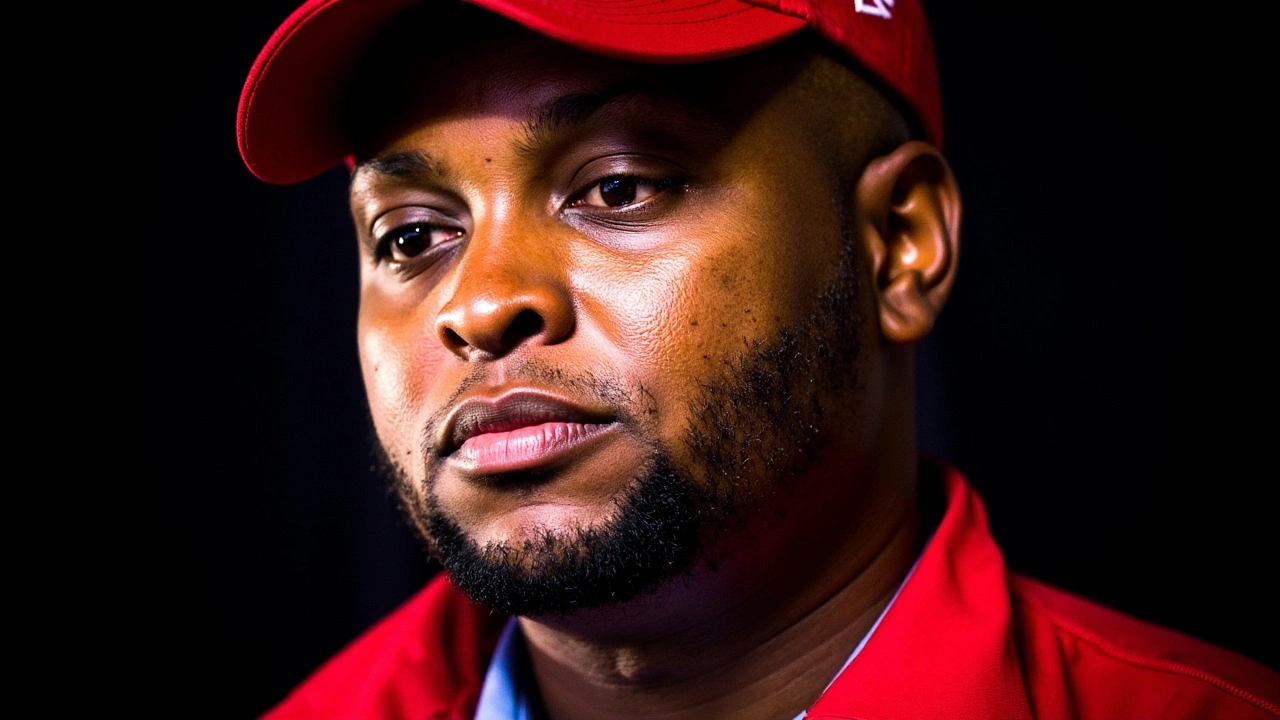
Political Shake-Up: Floyd Shivambu's Move from EFF to MK Party Stirs South African Politics
Floyd Shivambu, a key EFF figure, has left to join the MK Party, sparking debate within South African political circles. Shivambu's defection raises questions about both parties' futures and reflects deeper internal conflicts. This article delves into potential reasons, implications, and public reactions to this surprising political move.
-
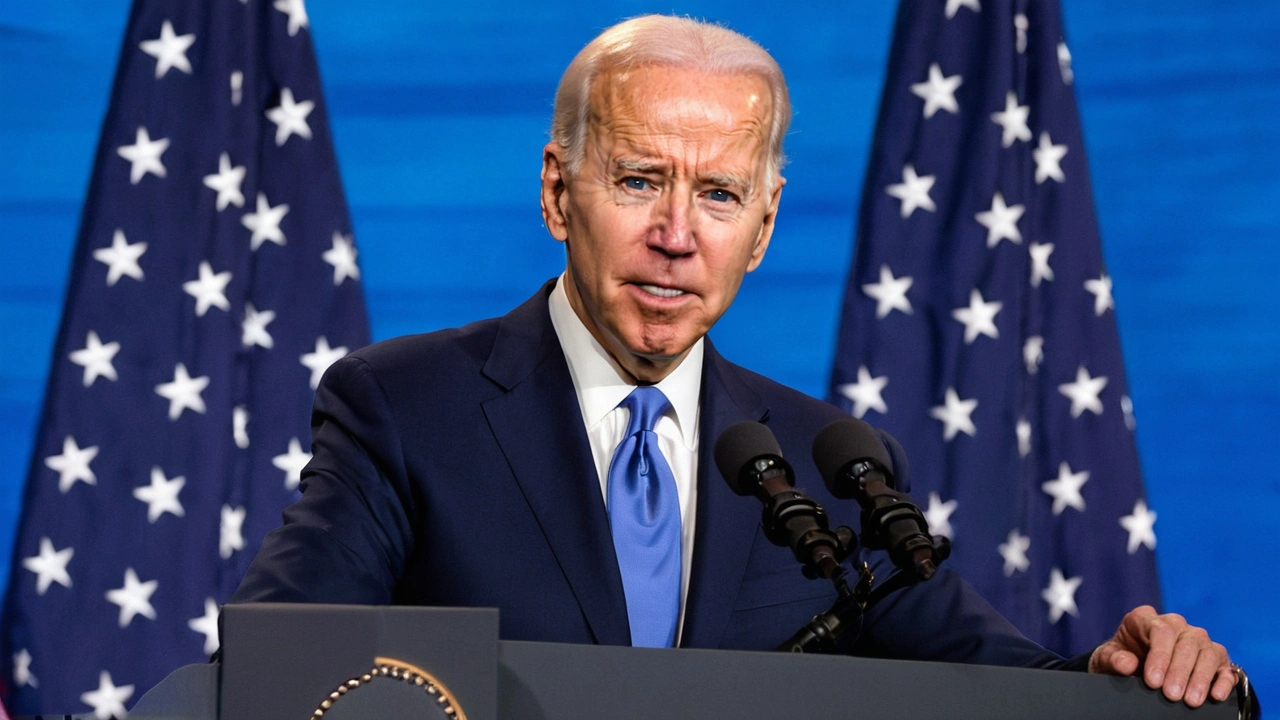
President Joe Biden Announces Withdrawal From 2024 Presidential Race and Endorses Kamala Harris for President
President Joe Biden will address the nation regarding his decision not to run for the 2024 Presidential election. The speech comes after significant pressure from Democratic leaders and following a lackluster debate performance. Biden will endorse Vice President Kamala Harris as his successor, aiming to consolidate the party's efforts against Donald Trump.